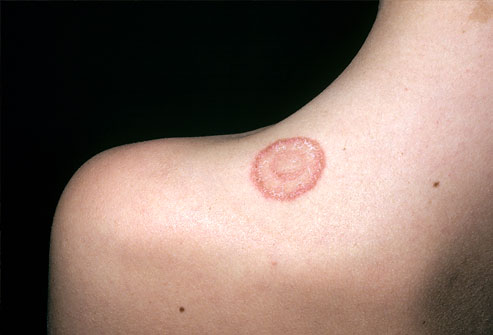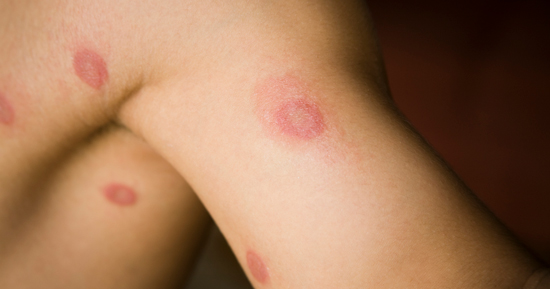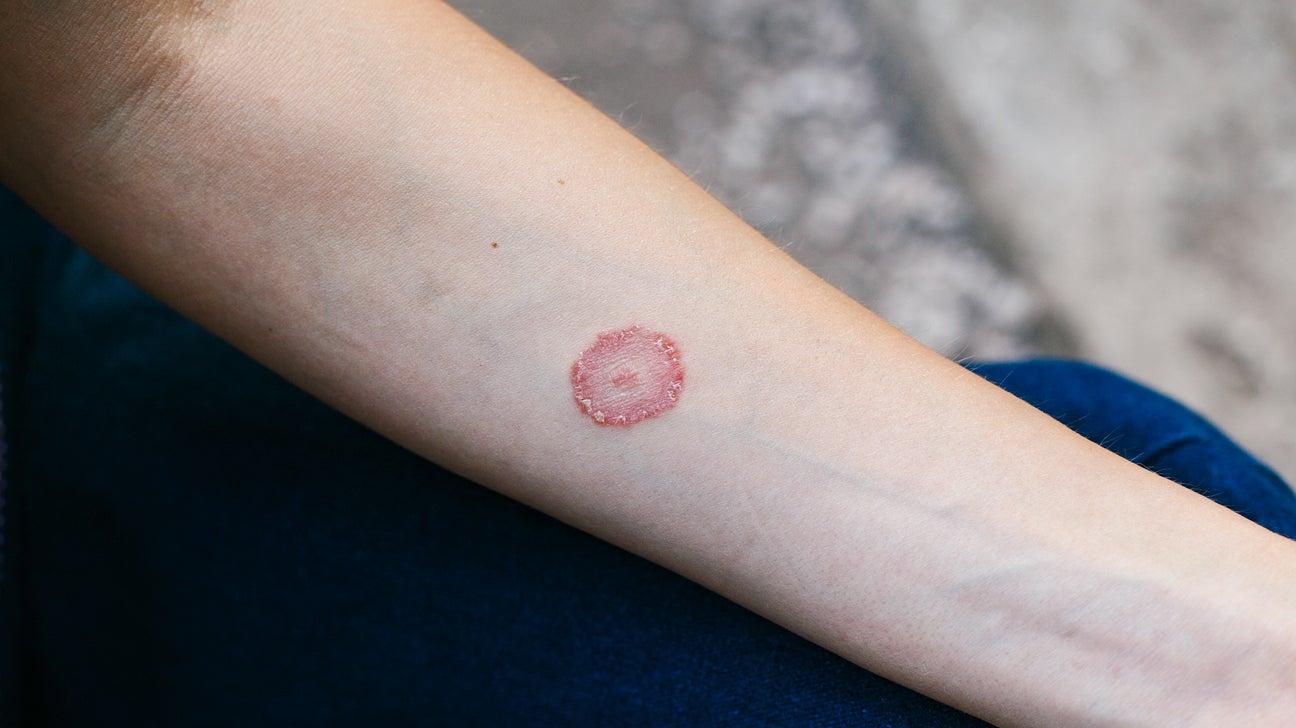Ringworm, despite its misleading name, is not caused by a worm but rather a fungal infection that affects the skin, scalp, and nails. This common condition, known medically as dermatophytosis, manifests as circular, red, and itchy rashes on the affected areas. If left untreated, ringworm can spread and cause discomfort. In this article, we will explore various ring worms treatment options available to effectively combat ringworm infections.
Understanding Ringworm Infections:
Ringworm is caused by a group of fungi called dermatophytes that thrive in warm and moist environments. These fungi can be contracted through direct contact with infected humans or animals, or indirectly through contaminated objects such as towels, clothing, or sports equipment. Ringworm infections can occur on different parts of the body, including the scalp, body, groin (jock itch), feet (athlete’s foot), and nails.
Identifying Symptoms:
Symptoms of ringworm may vary depending on the affected area. Common signs include circular or oval-shaped rashes with raised, red edges and a clearer center. The rash may be accompanied by itching, scaling, and sometimes blistering. On the scalp, ringworm can cause hair loss or brittle hair. Prompt identification and treatment are crucial to prevent the spread of infection.
Treatment Options:
a. Over-the-counter antifungal creams: Mild cases of ring worms treatment can often be treated with over-the-counter antifungal creams. These creams usually contain active ingredients such as clotrimazole, terbinafine, or miconazole. Follow the instructions provided and apply the cream to the affected area as directed. It is essential to continue treatment for the recommended duration to ensure complete eradication of the fungus.

b. Prescription antifungal medications: For more severe or persistent cases, a dermatologist may prescribe stronger antifungal medications. These may include oral medications such as terbinafine, itraconazole, or fluconazole. Prescription-strength topical creams or lotions may also be recommended for specific areas of the body. Follow the prescribed dosage and duration of treatment closely.
c. Antifungal shampoos: If ringworm affects the scalp, using an antifungal shampoo can be effective. These shampoos often contain ingredients like ketoconazole or selenium sulfide, which help eliminate the fungus and alleviate symptoms. Use the shampoo as directed, allowing it to sit on the scalp for the recommended time before rinsing.
d. Good hygiene practices: Maintaining proper hygiene is essential to prevent the spread of ringworm and aid in its treatment. Wash affected areas with mild soap and water, and keep them clean and dry. Avoid sharing personal items like towels, clothing, or hairbrushes to prevent the transmission of the fungus.
e. Environmental precautions: Fungal spores can survive on surfaces, making it important to disinfect and clean objects that may be contaminated. Wash clothing, towels, and bedding in hot water and use a fungicidal laundry additive if available. Regularly clean and disinfect shared spaces such as gyms or locker rooms.
f. Natural remedies: Some natural remedies, such as tea tree oil, coconut oil, or apple cider vinegar, have antifungal properties that may help alleviate ringworm symptoms. However, it is important to note that scientific evidence supporting their effectiveness is limited, and they should not be used as a substitute for medical treatment.
Remember, individual responses to treatment may vary, and it is important to consult with a healthcare professional for a proper diagnosis and personalized treatment plan. Here are a few more points to consider:
g. Avoid scratching: Although ringworm can be incredibly itchy, scratching the affected area can worsen the condition and potentially lead to secondary infections. Use over-the-counter hydrocortisone creams or antihistamines to relieve itching if recommended by your doctor.
h. Treat household and pet infections: If your household members or pets show signs of ringworm, seek veterinary care for pets and ensure that everyone in the household receives appropriate treatment simultaneously. This will help prevent reinfection and the spread of the fungus.
i. Educate yourself: Learn about the common sources of ringworm infection to minimize the risk of re-exposure. Be cautious when interacting with infected individuals, sharing personal items, or visiting public spaces with a higher likelihood of contamination.
j. Follow a comprehensive approach: Alongside antifungal treatment, adopting healthy habits can support your body’s natural defenses against ringworm. Maintain a well-balanced diet, get regular exercise, and prioritize good overall hygiene to strengthen your immune system and minimize the risk of fungal infections.
k. Monitor progress and seek medical advice: If the symptoms persist or worsen despite proper treatment, consult your healthcare professional. They may recommend additional tests or alternative treatment options to address the infection effectively.

l. Educate others: Raise awareness about ringworm and its prevention methods among your family, friends, and community. Sharing accurate information can help minimize the stigma associated with the condition and promote early diagnosis and treatment.
By following these guidelines and working closely with healthcare professionals, you can effectively manage and overcome ringworm infections. Remember, early detection, prompt treatment, and preventive measures are key to conquering the circle of ringworm and maintaining optimal skin and scalp health.
Follow-up and Prevention:
After completing ring worms treatment, it is crucial to follow up with a healthcare professional to ensure the complete eradication of the infection. To prevent future infections or recurrences:
- Practice good hygiene, including regular handwashing.
- Keep your skin clean and dry, especially in areas prone to sweating.
- Avoid prolonged contact with infected animals or contaminated objects.
- Wear clean, breathable clothing and avoid sharing personal items.
- Maintain a healthy immune system through a balanced diet, regular exercise, and sufficient rest.
In conclusion, ring worms treatment infections can be effectively treated with various options, ranging from over-the-counter creams to prescription medications. Identifying the symptoms early and seeking appropriate treatment is crucial to prevent the spread of the infection and minimize discomfort. By following the prescribed treatment, practicing good hygiene, and taking preventive measures, you can successfully conquer ringworm and restore the health and well-being of your skin and scalp.
















